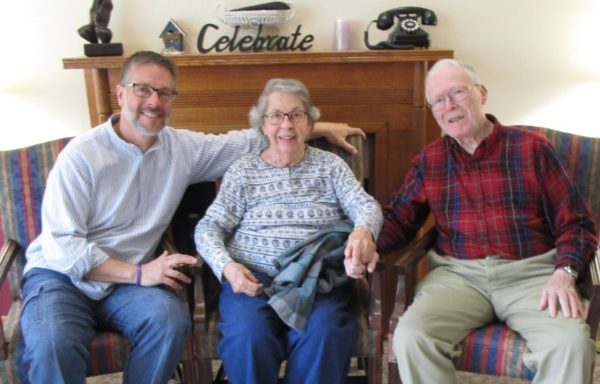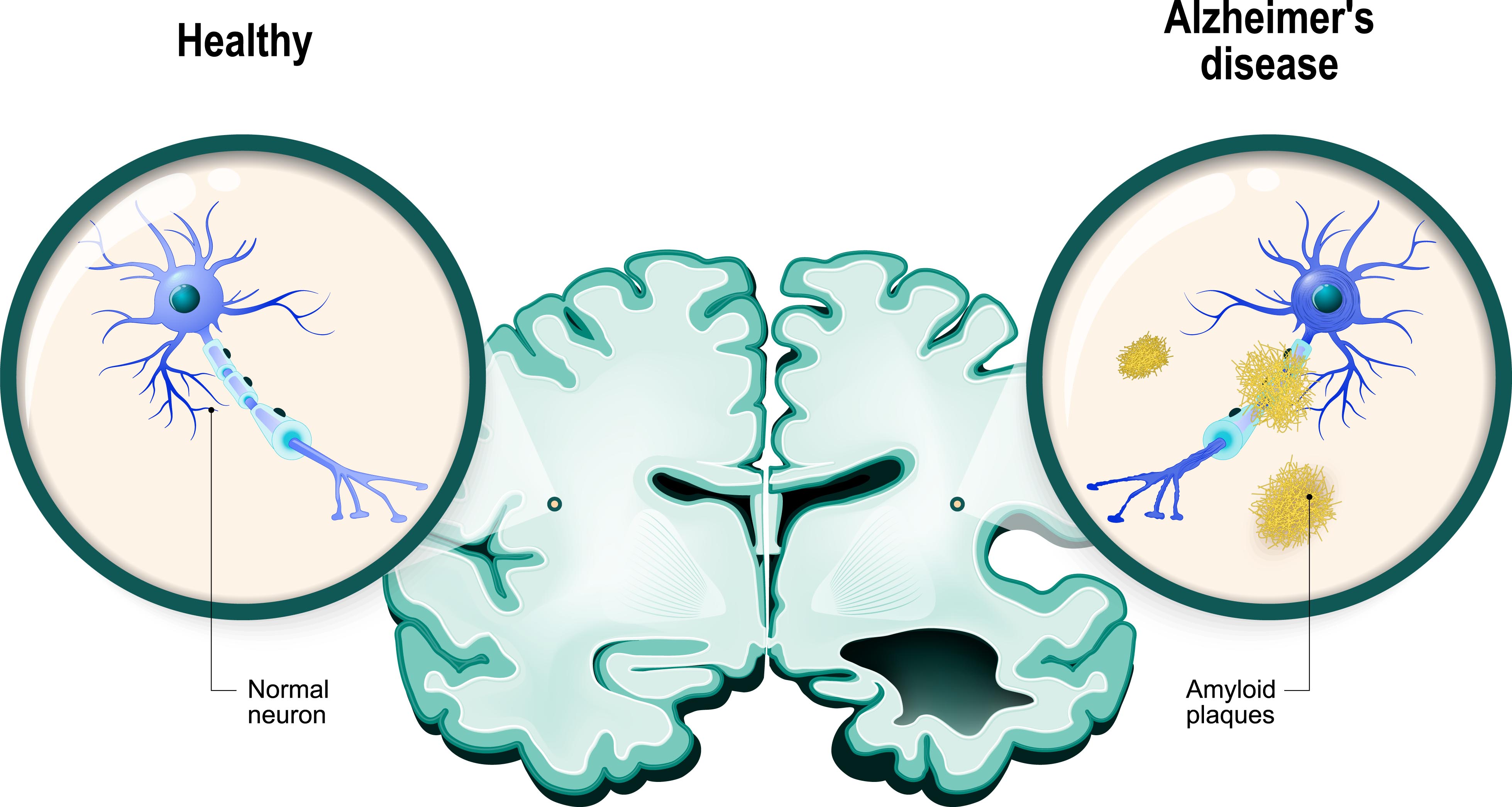When Will Clifton went on a road trip out West with his elderly parents five years ago, he quickly realized something was amiss.
“My mother has always been the keeper of directions, but when I handed her the map, she couldn’t read it,” Clifton says. “I said to myself, ‘She’s not tracking this.’ She couldn’t tell where we were on the map or where we were going. And then her questions got repetitious.”
Clifton learned his parents had not shared with him his mother’s recent diagnosis of Alzheimer’s disease. He was heartbroken to learn on the same trip that his father was also experiencing confusion and memory issues.
“I then gave the map to my father, and he thought we were on the wrong side of the Rockies and could also not track things,” he says.
Stories like Clifton’s – where one or more family members develop Alzheimer’s – are unfortunately becoming more commonplace, with the disease becoming one of the top public health crises in the United States and the sixth cause of death. This irreversible, accelerating brain disorder not only impairs memory and thinking, but it can also create emotional hurdles.









